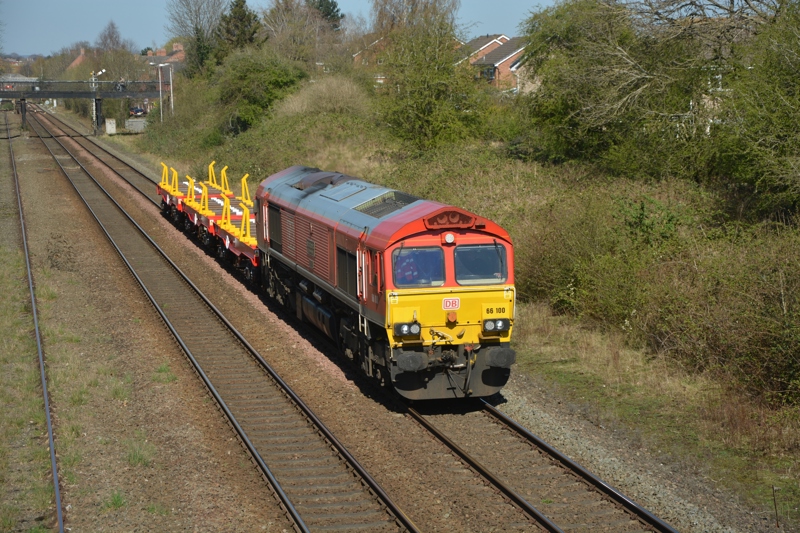
Network Rail’s stockpile of rails will last a year despite any possible disruption in the supply from British Steel’s Scunthorpe Works.

Network Rail’s stockpile of rails will last a year despite any possible disruption in the supply from British Steel’s Scunthorpe Works.
It has been planning its business continuity plans for over a year in case the plant’s Chinese owner Jingye decided to close the blast furnaces in North Lincolnshire.
Jingye decided last month that it was going to begin the process of closing the blast furnaces which has put 2,700 jobs at risk. It has also upset the potential supply of rails for the country’s rail network with 95% of Network Rail’s rail supply coming from the Scunthorpe plant.
On April 12, the government passed emergency legislation to take control of the furnace and factory at the site, calling in MP's for the vote on a Saturday. The legislation has ensured that the furnaces will continue to run for a short time. It has now instructed British Steel to purchase the materials needed to continue producing steel in the short term with raw materials currently in Immingham docks nearby, expected to make their way to Scunthorpe over the coming days. However, the long-term future of the site is still uncertain.
Network Rail started planning the stockpile in 2023 when Jingye decided it was possibly replacing the furnaces with new electric arc furnaces that are cleaner. However, at the time, it gave no clear timeline on when that would happen, prompting Network Rail to begin work on its stockpiles. It now believes it has a six-month window to seek a new supplier if the Scunthorpe blast furnaces are switched off, depending on lead times from other suppliers.
It also struck deals with European suppliers Saarstahl and Voestalpine which RAIL understands are flexible depending on supply in the U.K. Both companies currently supply the remaining 5% that Network Rail does not get from British Steel.
British Steel did open a rail-stocking facility last year which has the capability of storing 25,000 tonnes of rails. Before the government’s intervention, Jingye were reportedly keen on keeping that part of the site operating if the blast furnaces were closed.
A Network Rail spokesperson said: “We do not expect the announcement to have any impact on the continued delivery of reliable rail services for passengers and freight users.”
Transport for London also gets much of its supply from British Steel but it is currently unclear on its plans for stockpiling in the event of the Scunthorpe site closing. Although it is understood that whilst it does not have the same level of stockpiles currently as Network Rail, it has also not reached out to Network Rail regarding supply.
RAIL has reached out to TfL for comment.
Login to continue reading
Or register with RAIL to keep up-to-date with the latest news, insight and opinion.


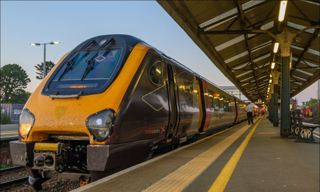
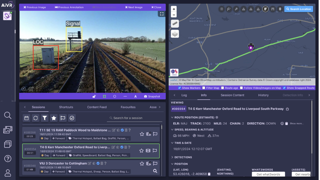
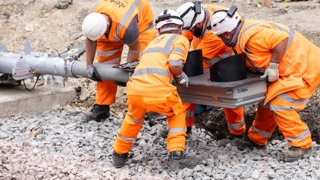
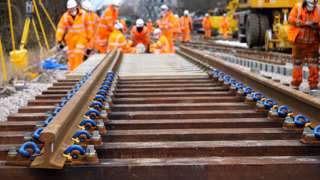










Daniel Pyke - 16/04/2025 14:57
Contingency plans started in 2019 when British Steel first went into liquidation. NR have also imported electric arc steel rails and long(ish) rails from European suppliers to de-risk the supply chain should the worst happen. It'll also hopefully have been obvious that the stocking facility built by British Steel was only needed if importing rails was part of the long-term plan by Jingye.